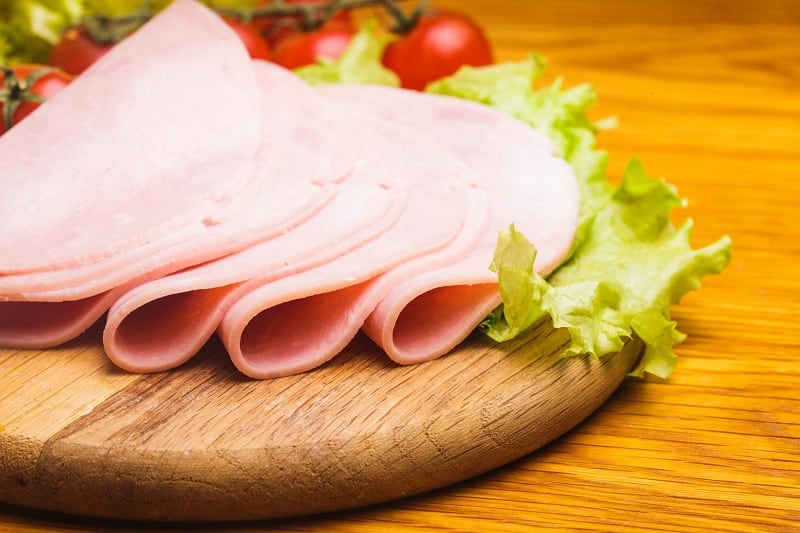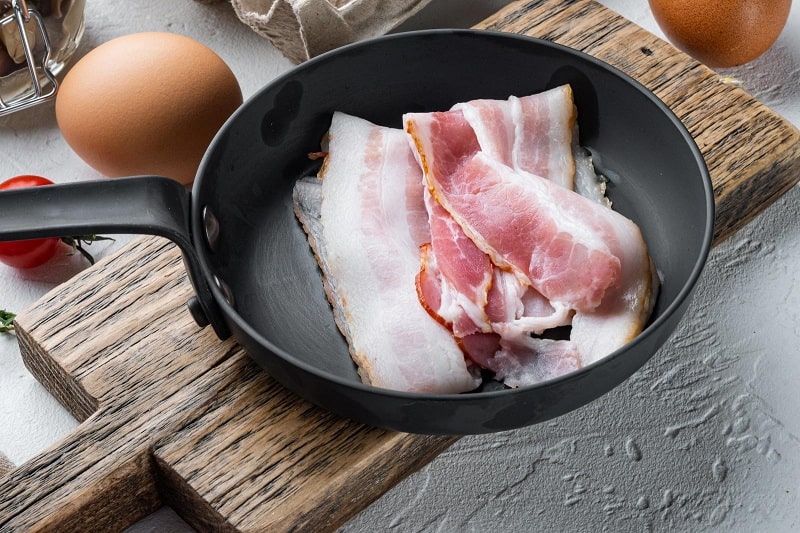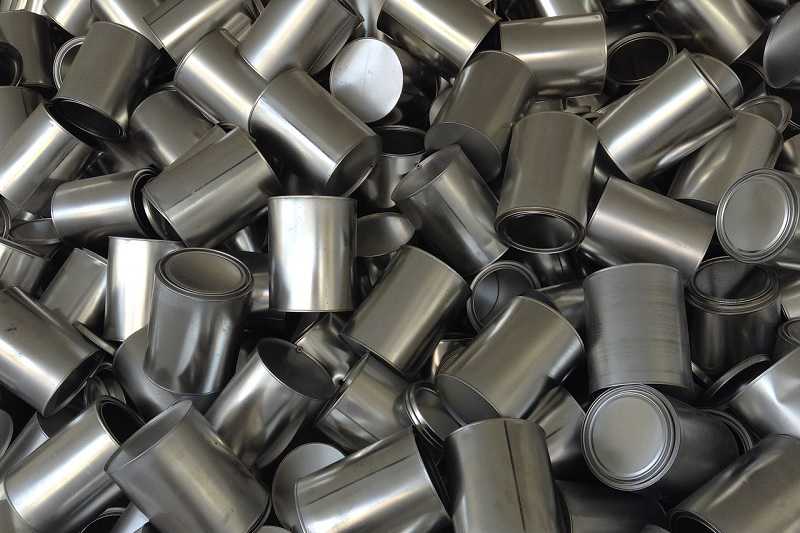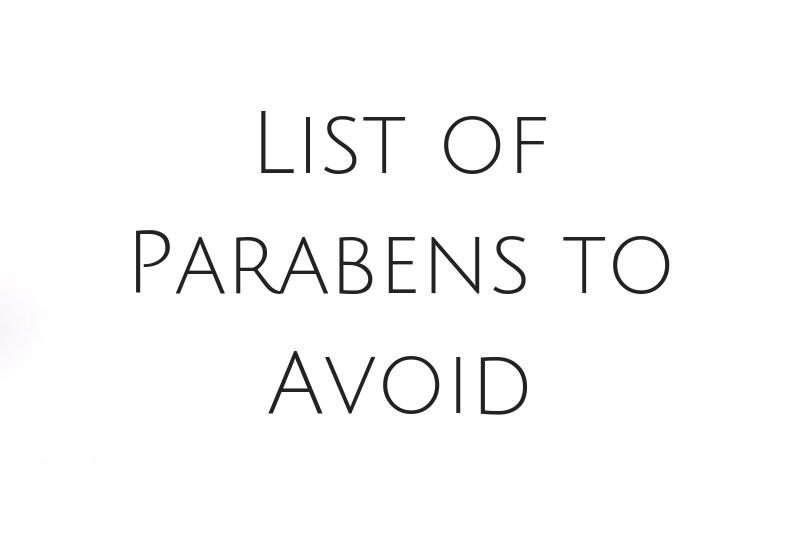Nitrates are usually associated with fertilisers, but did you know that nitrates are also found in food?
Nitrates are mainly known for their presence in processed meats since scientists and politicians called for a UK ban on nitrates in bacon and ham in 2018 due to potential carcinogenic properties.
But are nitrates still present in meat? And which types of meat are nitrate-free in the UK?
This article digs deeper into where nitrates are found in your diet. They crop up in some meat products, whereas others a nitrate-free.
However, there might be a more surprising source of nitrates making their way into your diet, too…
Which Meats Are Nitrate-Free in the UK?
Nitrate is a chemical widely used in the production of processed pork products, including bacon, ham, cured meats, and sausages. The chemical acts as a preservative and helps to extend the shelf-life of food by preventing the growth of harmful bacteria.
Although nitrates are used as preservatives worldwide, the British Meat Processors Association (BMPA) in the United Kingdom is working to reduce nitrates in British meat due to their carcinogenic properties and links with bowel cancer.
One recent report has looked into finding the optimal levels of nitrates in meat to protect against pathogens without jeopardising human health.
As such, many nitrate-free (or low-nitrate) pork products are available, so don’t worry if you love bacon and sausages; you won’t need to give them up!
Here is a closer look at the options for the most popular pork products in the UK and other nitrate-free meat options for all you meat lovers!

Do British Sausages Contain Nitrates?
You’ll be pleased to hear that British sausages are not made using nitrates, despite being a pork product.
One study from Queen’s University Belfast found that 97% of all UK sausages are entirely nitrate-free.
This includes brands from well-known supermarkets, such as Tesco Finest Sausages, Asda Extra-Special Sausages, and Heck & Rankin Sausages.
If you want to avoid eating the 3% of sausages that do contain nitrates in the UK, give the Bratwurst-type sausages available in supermarkets and at festive markets a miss. According to the same study referenced above, these German bangers still use nitrates as their main preservatives.
Is Ham Nitrate-Fee in the United Kingdom?
Unfortunately, nitrates are still found in most ham on the shelves of UK supermarkets. However, nitrate-free hams have started to appear.
Finnebrogue was the first brand to produce such as product, with their Naked Ham hitting supermarket shelves in January 2018. Today it is still the only nitrate-free deli ham supplier to British Supermarkets.
If you love ham, parma ham is an excellent alternative to processed deli-style ham. Parma ham has been made without nitrates for 30 years and is a great option if you want a nitrate-free meaty fix!

Can You Get Nitrate-Free Bacon in the UK?
Like ham, bacon has been made using nitrates for years. Thankfully, Finnebrogue has also produced a nitrate-free alternative available in British supermarkets. The brand is once again the sole provider of nitrate-free bacon in the UK, but look out for their Naked Bacon range if you want a chemical-free bacon butty on the weekends.
What Other Meats are Nitrate-Free?
We’ve spoken a lot about pork processed pork products and whether they contain nitrates. But what about other meat products?
Unfortunately, poultry and beef also contain nitrates. However, the nitrate levels found in these meats are much lower.
If you want to ensure you’re minimising the amount of nitrates in your diet, ditching processed pork for these alternatives is a good solution.
When choosing poultry or beef products, opt for the least processed meat you can find. For example, choosing fresh chicken breast over chicken nuggets is a wise option. The less processed the meat, the fewer nitrates it will contain.
What Foods are Highest in Nitrates?
We’ve looked at which types of meat are high in nitrate and some low- or nitrate-free alternatives. Many people assume that meat (especially ham and bacon) contains the highest levels of nitrates due to its reputation in the media.
However, only 5% of nitrates in the average European diet come from meat products. So, where is the other 95% of dietary nitrates coming from?
A study from the Food Standard Agency found that a whopping 80% of dietary nitrates come from vegetables!
Nitrates are produced naturally in the soil when microorganisms break down animal matter, and vegetables pick up these nitrates from the ground as they grow.
Leafy greens like spinach and lettuce seem to have the highest nitrate levels. Concerns over the high nitrate levels have led to a limit on the maximum nitrate residue on lettuce, spinach, and rocket.
However, the nitrates on vegetables are considered “good” nitrates. They encourage the formation of nitric oxide that benefits the cardiovascular system.
So, as long as you’re consuming no more than the recommended daily intake, nitrates in the diet can be beneficial. Just swap the cured meats for spinach, so you’re reaping the rewards rather than taking on the carcinogenic risks!

Hannah is a freelance content writer passionate about natural health, mindfulness, and the environment. She shares her enthusiasm for a conscious lifestyle on Naturaler, inspiring others to take the steps towards a more natural and fulfilling life




I am really enjoying the articles on this website. It has opened my eyes to the amount of unwanted chemicals that are being put in to our food.